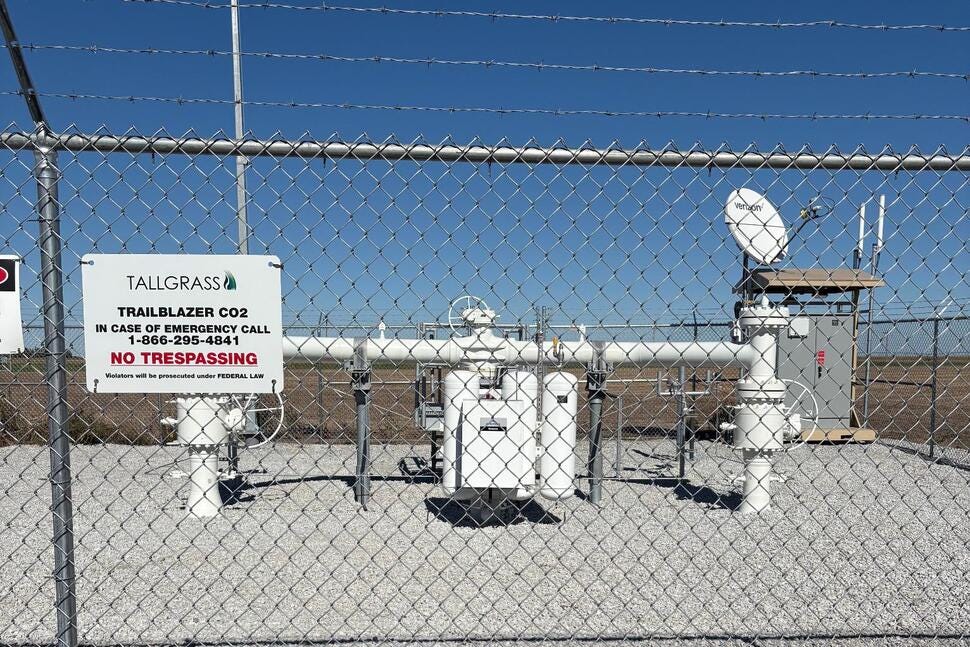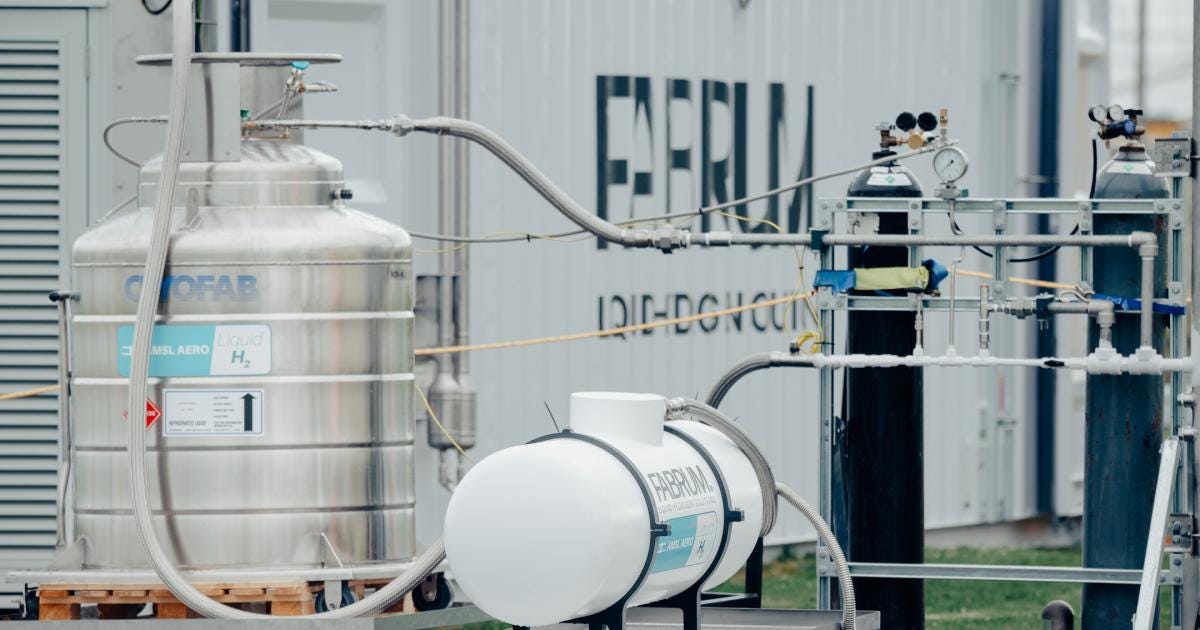#Sustainability20: EU Commission to mobilise nearly $3 billion to jumpstart sustainable transport fuels & more
Weekly roundup - 07/11/25
Each Friday, we publish a round-up of the 20 most important stories on sustainable aviation. You can see previous editions of #Sustainability20 here.
Industry updates
The European Commission has adopted a new transport package to accelerate high-speed rail and scale up low-carbon fuel production for aviation and shipping, mobilising €2.9 billion toward a €100 billion investment goal by 2035 under its Sustainable Transport Investment Plan (STIP).
ICCT has stated that the European Commission’s STIP rightly focuses on revenue certainty, which is essential for unlocking financing for sustainable aviation and marine fuels.
IATA has welcomed the EU’s new STIP but warns that more action is needed on book-and-claim systems and a technology-neutral fuel approach.
A new UK project involving Rolls-Royce and British Airways will test if targeted sustainable aviation fuel use can more effectively prevent contrail formation.
India’s Civil Aviation Minister has announced that a draft Sustainable Aviation Fuel Policy will soon be released for industry consultation.
CLIMATE WATCH: Scientists criticise ‘straw man’ arguments in Bill Gates climate memo - The Guardian
Climate scientists have criticised a memo from Bill Gates, arguing it creates a false choice between climate action and tackling poverty and disease.
Infrastructure and operational efficiencies
A US carbon capture pipeline has begun operations after its operator engaged communities and created an investment fund, unlike other contested projects.
Sustainable Aviation Fuel (SAF)
The first ReFuelEU report has revealed that SAF made up 0.6% of all EU jet fuel in 2024, with most feedstock imported.
Fluor Corporation has been selected to perform engineering design for a new SAF production hub in North Yorkshire.
XCF Global has signed a deal to develop at least three SAF plants in Australia to boost the country’s fuel security.
Rolls-Royce is leading a project to use SAF more strategically by targeting flights most likely to form climate-warming contrails.
New technology: Electric and Hydrogen
Joby Aviation has started power-on testing for its first FAA-conforming aircraft, marking a key step in its electric air taxi certification process.
Christchurch Airport has unveiled new liquid hydrogen refuelling infrastructure to support pre-flight testing for two Australian aircraft developers.
Eve Air Mobility is in the final stages of testing its engineering prototype and is preparing for its first flight by early next year.
Eve has signed an agreement with Bahrain to support the introduction of electric air taxis, with commercial services targeted for 2028.
A team of Australasian companies has successfully refuelled aircraft tanks with on-site produced liquid hydrogen, a first for an international airport.
Korean Air has concluded Phase 2 of a national urban air mobility challenge, demonstrating flight operations control in a metropolitan area.
Falcon Aviation has ordered 50 electric aircraft from AutoFlight, with the first batch to serve Abu Dhabi National Oil Company by year’s end.
Beta Technologies has completed its initial public offering, raising over a billion dollars to fund its electric aircraft certification and development.
ZeroAvia has been selected for a €21.4 million grant to retrofit 15 aircraft with its hydrogen-electric engines for cargo routes in Norway.
Joby Aviation has begun manufacturing propeller blades at its Ohio facility, a key step in scaling production for its electric air taxi.







